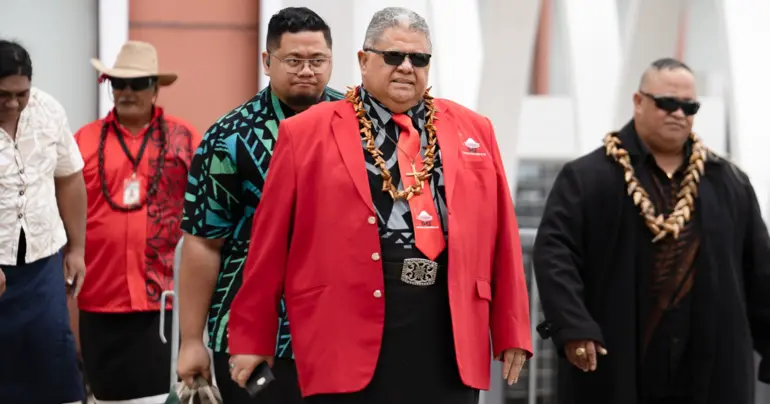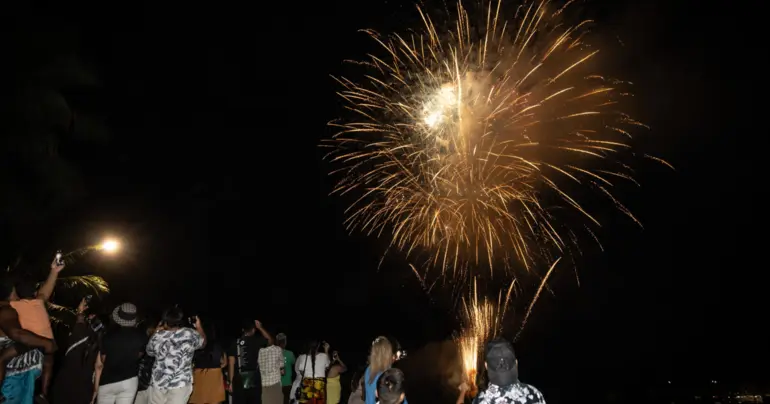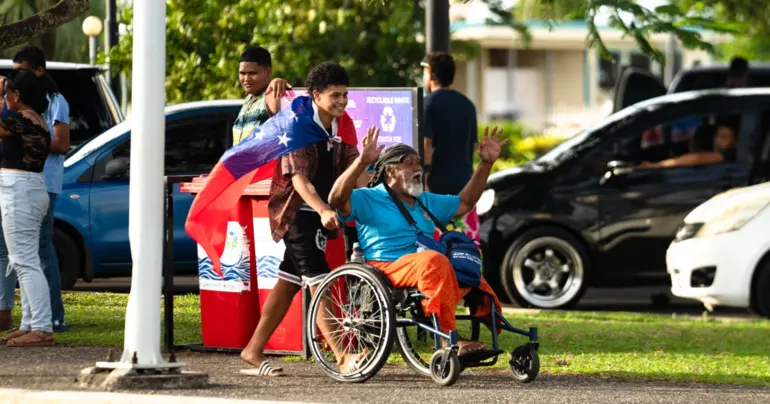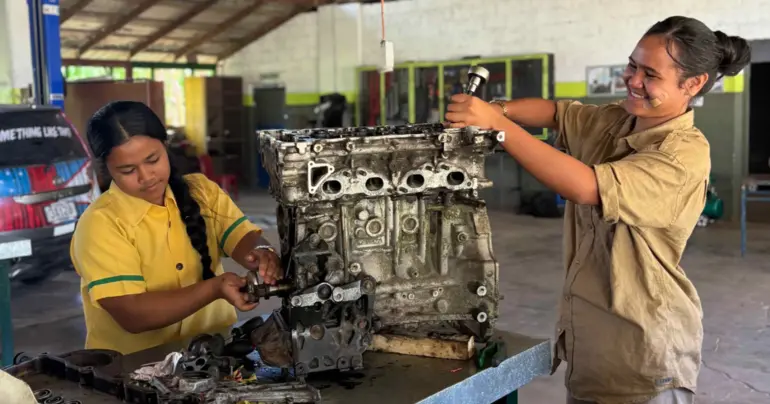Carrying on a family legacy
The youngest member of the Su’a family is carrying on the family legacy, the art of tatau or traditional Samoan tattoos.
The traditional tattooists are given a high regard. Joatel Su'a, who is 21 years old is hoping to carry on the legacy created by his grandfather Su’a La’ai.
At the age of 12 years, Joatel’s task was wiping the blood away from the tattoos that were being created by his uncles. As he watched, he learned what each line and design represented.
He learned how to tell the stories through his designs.
He said his grandfather is his inspiration. He said it was a gift and honour bestowed upon his family to carry out work which is a prominent part of the Samoan culture.
He hoped that his grandfather could see his accomplishments and the person he had become.
"This is a dream come true for me, especially for our family because we are carrying on our grandfather's legacy," he remarked.
After returning from doing tattoo work in New Zealand, he is preparing to travel to Pago Pago to do additional tattoos.
Because Samoans are spread all over the world, Joatel and his family members work independently in different nations.
He believes this is a wonderful way to showcase their talent.
Young Joatel is concerned that a lot of Samoan youth do not understand the importance of the traditional designs that tell stories of origin and family.
“I've seen that a lot of our youth getting tattoos as a game, but we should be the ones to teach them that getting tattoos is a way for us to carry our culture on our bodies and souls,” he said.
In the Samoan tradition of applying tattoo, or tatau, by hand, has long been defined by rank and title, with chiefs and their assistants, descending from notable families in the proper birth order. The tattooing ceremonies for young chiefs, typically conducted at the onset of puberty, were elaborate affairs and were a key part of their ascendance to a leadership role.
The origin of the Samoan tatau is believed to have been introduced to the Samoa islands by two Fiji women, who came ashore with the tools and knowledge of tattooing. The tale proclaimed that the two sisters sang a song, which chanted that women are only to be tattooed, but as they neared the beach shores, the song mistakenly became reversed, indicating that only the men will be tattooed.
At first, no one was interested in their art and skills. It was difficult to convince anyone to give them a chance. But finally one of the Samoan chiefs decided to give these women the opportunity by offering himself to the whole ordeal of getting a tatau. Soon the art of tatau became a family tradition that spread throughout the culture.
The artwork and designs go beyond being skin deep—there is history and deep meanings behind them. The tattoos and designs of the Samoa islands represent community, power, status, respect, and honour, and are a mark of pride that are only to be worn by Samoans. For those who have no cultural influence or heritage background, it is an act of disrespect to display their symbols and designs.











